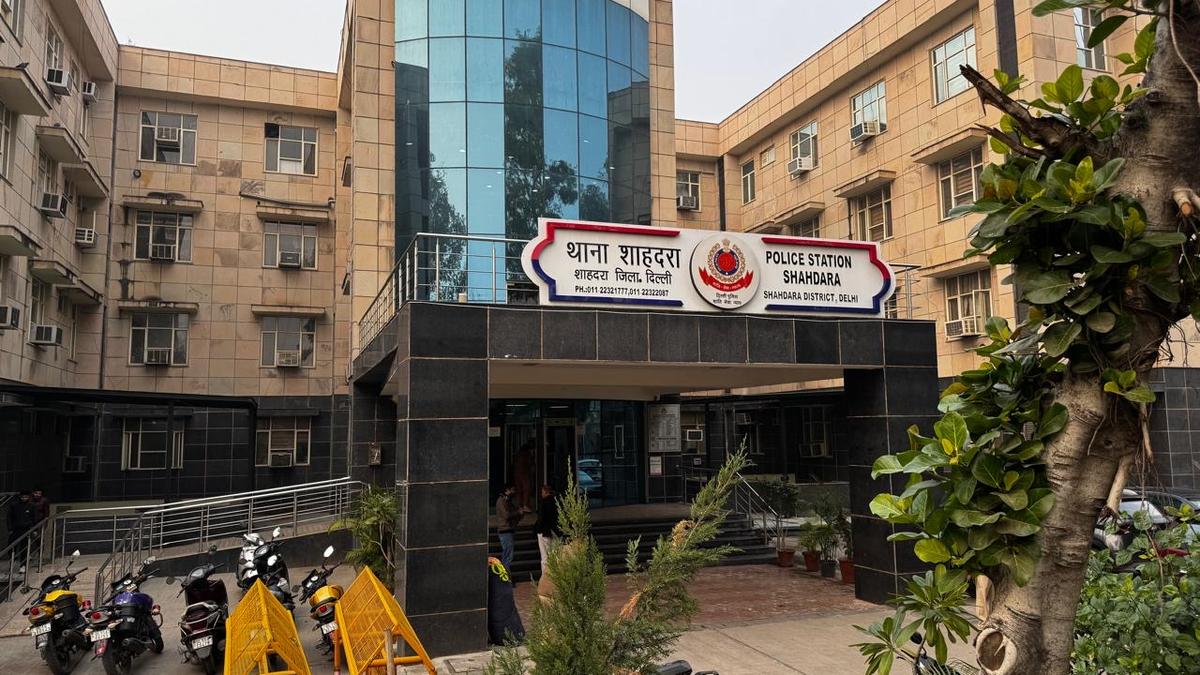
This police station in Delhi housed Sukhdev, Bhagat Singh and Rajguru in the 1920s
The Hindu
Shahdara police station in north-east Delhi, a historic site of India's independence struggle, celebrates 110 years of existence.
Inside the bustling lanes of north-east Delhi lies a police station with a storied past. It witnessed thick action during India’s struggle for independence, with political prisoners like Sukhdev, Bhagat Singh, and Rajguru serving detention there at various times. The Shahdara police station completed 110 years of existence on Tuesday (January 14, 2025).
Founded on January 7, 1915 during the heyday of colonial rule, the police station has transitioned from its role as the occasional site for housing freedom fighters and a repository of historical memories to playing a vital role in law enforcement and crime prevention over the years.
The station was originally established with jurisdiction extending over the entire trans-Yamuna area of Delhi. Police records show that the first FIR was lodged in Urdu language on the very day of its establishment under Section 457 of the IPC regarding a break-in at the house of a person named Khazan Singh. The complainant alleged that the accused, Sukhdev Mali, drilled a hole in the back of his residence along with an accomplice but ran away when the owner woke up. There was no loss reported.
Senior police officers said that in 1928, Sukhdev, a prominent member of the Hindustan Socialist Republican Association (HSRA), was arrested and lodged at the Shahdara police station in the aftermath of the assassination of British police officer John Saunders. Sukhdev and Chandrashekhar Azad were involved in the plot while Bhagat Singh and Rajguru shot Saunders on December 17, 1927; Bhagat Singh, Sukhdev and Rajguru were later hanged to death.
“During his detention, Sukhdev, like many other political prisoners, faced brutal interrogation methods at the police station. His incarceration here was just one chapter in his long resistance against British repression. Eventually, he, Bhagat Singh, and Rajguru were transferred to other prisons and their trials became a focal point for the growing demand for independence,” said DCP (Shahdara) Prashant Gautam.
The records at Shahdara police station attest to its role as a centre for intense interrogation of revolutionaries of the freedom struggle. Members of the HSRA were detained here after their involvement in the Kakori train robbery case of 1925, one of the most significant revolutionary acts against British rule. Others associated with the Chittagong uprising of 1930 and other resistance movements also spent time within its walls.
The old structure that housed the who’s who of freedom struggle made way for a modern building that was inaugurated in February 2022. “The station became a symbol of the suffering endured by revolutionaries who had sacrificed their lives for the nation’s freedom,” said Mr. Gautam.













